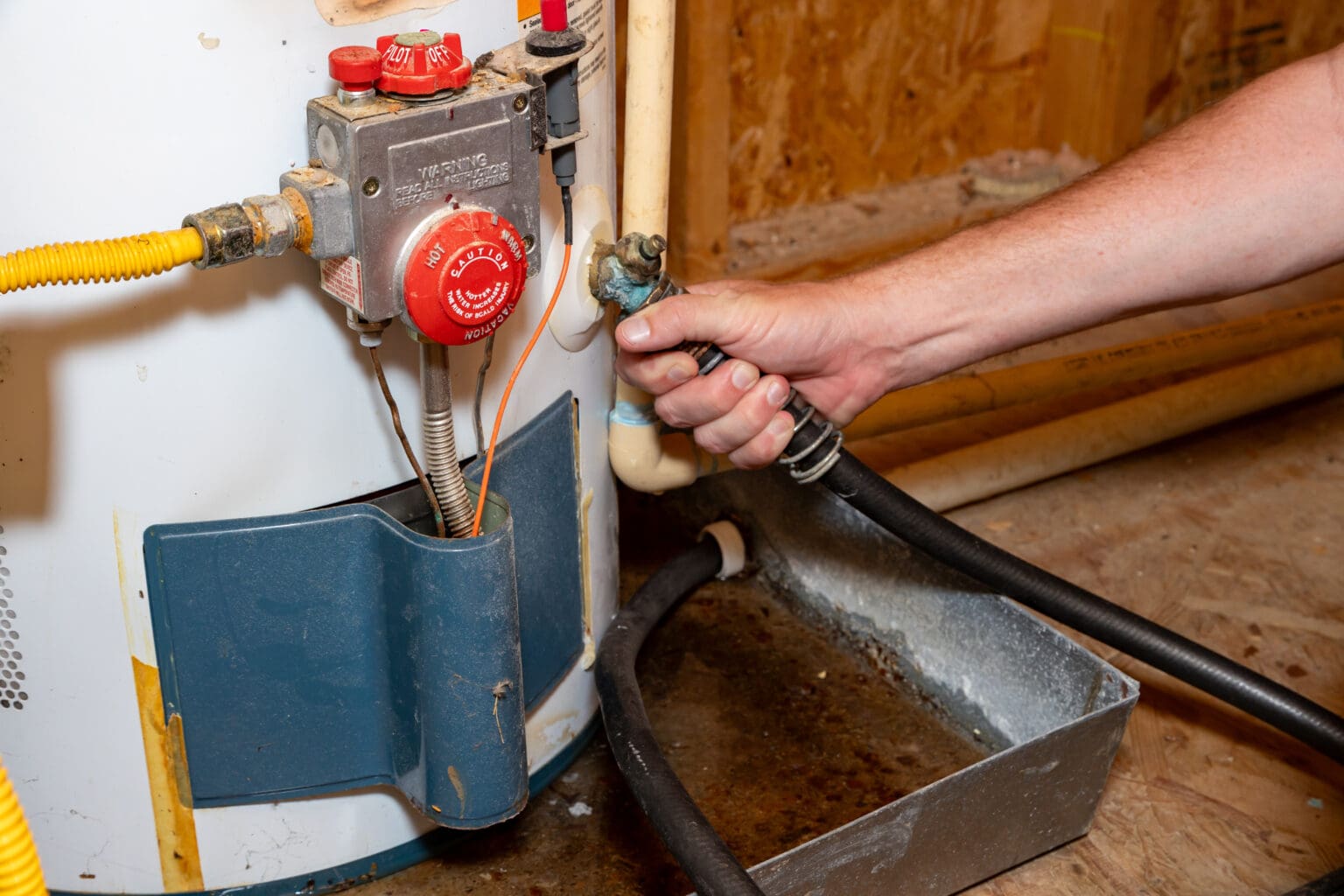If your house smells like a gardenia, but you don’t have any flowers, you may be inadvertently harming the indoor air quality of your home. We’re talking about those spray air fresheners, scented candles, or pop up room scent diffusers that may smell nice – but may also be making you sick.
Air fresheners that artificially scent a home can actually cause eye, nose, and throat irritation. Doctors say that using these chemicals in your home or car can cause a variety of health problems.
What is Indoor Air Quality?
The Environmental Protection Agency (EPA) devotes a whole page on their website to air quality issues in the home. Indoor air quality is the level of healthy air one has inside a home or building. Controlling the pollutants in your office or home with the aid of a Summerlin indoor air quality inspection company will give you a better quality of life.
How Do Air Fresheners Work
Scientific American says that some of the air fresheners sold today use harsh chemicals to cover over unwelcome smells in your home. Some of the chemicals include benzene, formaldehyde, and volatile organic compounds that can cause headaches, an asthma flare up, and have even been linked to cancer.
The Natural Resources Defense Council (NRDC) issued a report as far back as 2007, citing one air freshener chemical, phthalates, as the cause for reproductive health issues, developmental disorders, and other birth defects. Phthalates help a scent stay in the air longer, but regular exposure to these chemicals can cause real long-term health problems. According to the National Resources Defense Council, you can still find a moderate amount of phthalates in a number of some of the most common household air fresheners.
Natural health physician Dr. Ben Kim points out that even the air fresheners with low levels of phthalates are still toxic. He says, “The vast majority of synthetic air fresheners emit significant amounts of terpene, a volatile organic compound that can react with naturally occurring ozone to create formaldehyde.”
Why is this bad? The International Agency for Research on Cancer says formaldehyde is a carcinogen, meaning, it causes cancer.
Natural Remedies for a Less Odiferous Home
So what if you still want that fresh scent wihout the air quality dangers, let’s look at some of the alternative ways you can make your home smell nice – with none of the side effects. Here are some suggestions:
· If your house smells stuffy, open the windows to let in fresh air.
· If it’s too hot, greenhome.com says filling a squirt bottle with water (four cups), and baking soda (four teaspoons), and misting your home will help freshen it.
· Have you ever tried boiling cloves, cinnamon, or orange or lemon peels?
· Houseplants also help clean the air.
· Sprinkle your carpets with baking soda before vacuuming.
Indoor Air Quality – Ambient Edge
At Ambient Edge, we believe all people deserve to breathe clean air. That’s why we work with families to make sure your furnace and air conditioners are properly circulating the air in your home. Contact us to talk about ways you can improve your indoor air quality.





